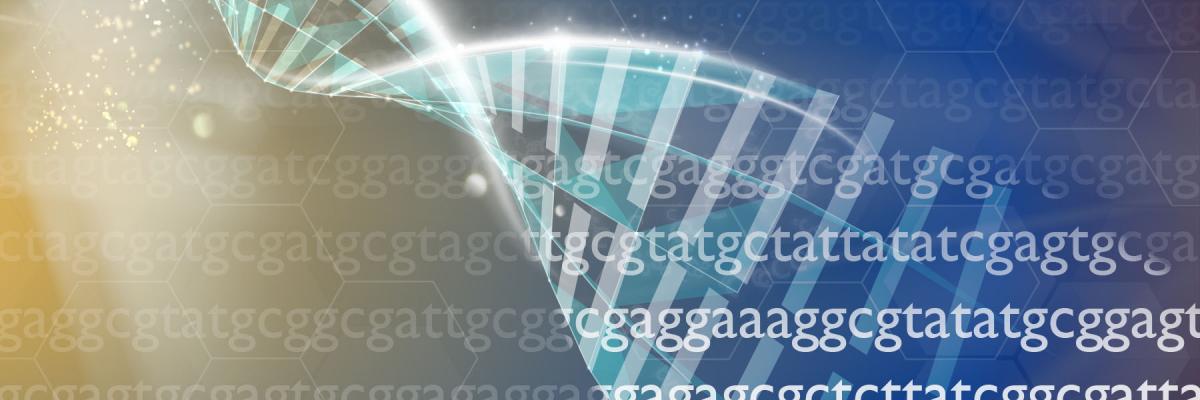NHS supports genetic testing before cancer treatment

NHS England is funding the wide availability of a genetic test for cancer patients that will warn doctors if treatment with 5-fluorouracil (5-FU) is likely to cause severe and potentially fatal side effects: these include nausea, vomiting, diarrhoea, breathlessness and severe skin reactions. Infusion or injection of 5-FU or FU-related drugs taken by mouth have become components of standard treatment for many tumours including colorectal, gastric, pancreatic and advanced breast cancer. Approximately 38,000 patients in England start treatment with these drugs each year.
About 5% of Caucasians have a partial deficiency of the enzyme dihydropyrimidine dehydrogenase (DPD), found largely in liver cells, that rapidly breaks down 5-FU, allowing the toxic drug to accumulate. Patients found to have a partial deficiency may be treated with a reduced dose. Less than 0.3% have a complete deficiency and must be treated with different drugs.
On 25 November 2020 NHS England issued a statement that testing for the four most common genetic variants of DPD before systemic treatment with FU-containing drugs will be made routinely available through the seven national NHS Genomic Laboratory Hubs in England. The statement included a review of recent research evidence. The combined test for the four variants is estimated to predict 20-30% of early-onset life-threatening 5-FU toxicities. Patients only need to be tested once, before the start of their first treatment. It was pointed out that the absence of the variants tested does not remove the risk of toxicity as other genetic, physiological and environmental factors can contribute to DPD deficiency.
On 28 December 2020 Professor Peter Johnson, NHS England National Clinical Director for Cancer, said:
“Cancer survival rates are at a record high but the condition still causes huge suffering for millions of patients and their loved ones every year. This test can help us to treat people with cancer as safely as possible, at what has been and continues to be an exceptionally difficult time for millions of us.”
“The number of people having their cancer care with the NHS is back to levels we saw before COVID-19, with nearly 350,000 having treatment since the first peak, and as the NHS continues to prioritise essential cancer care, this latest innovation is another important tool to ensure people in England get the best possible treatment.”

